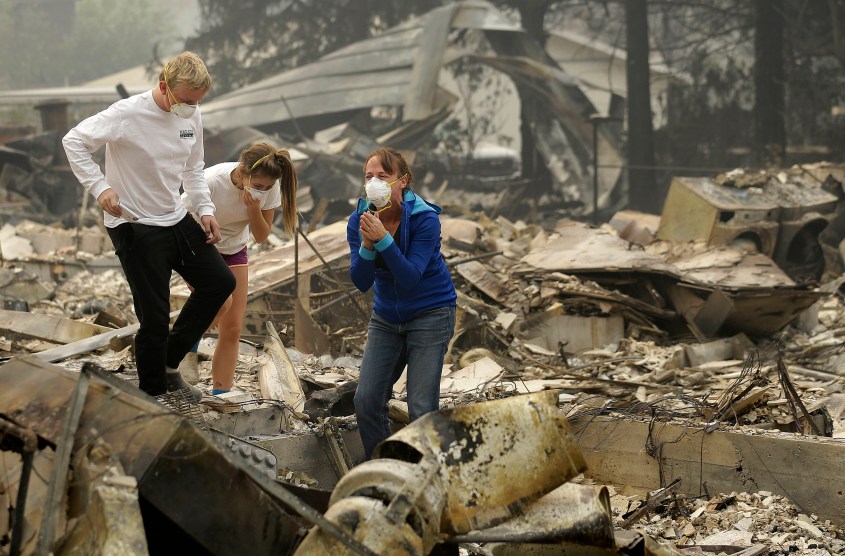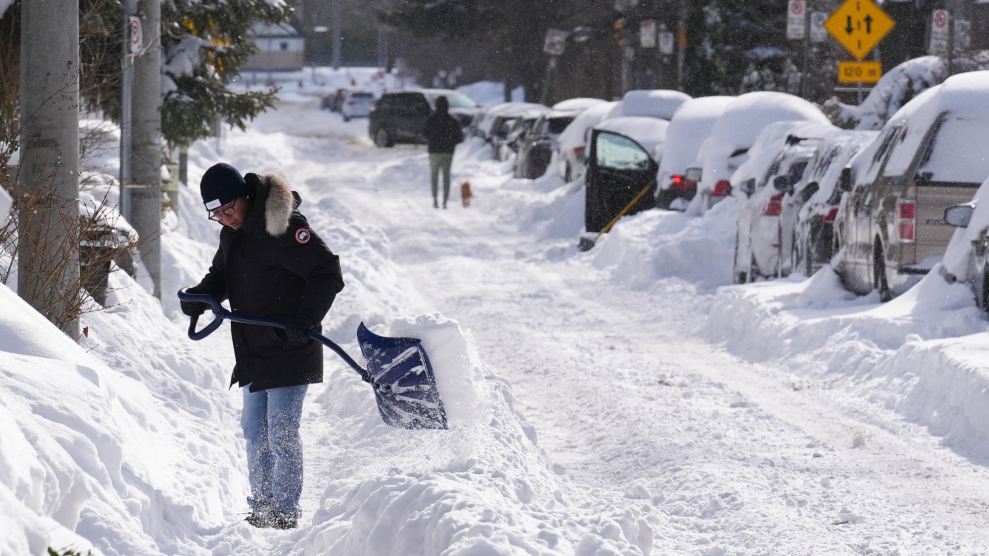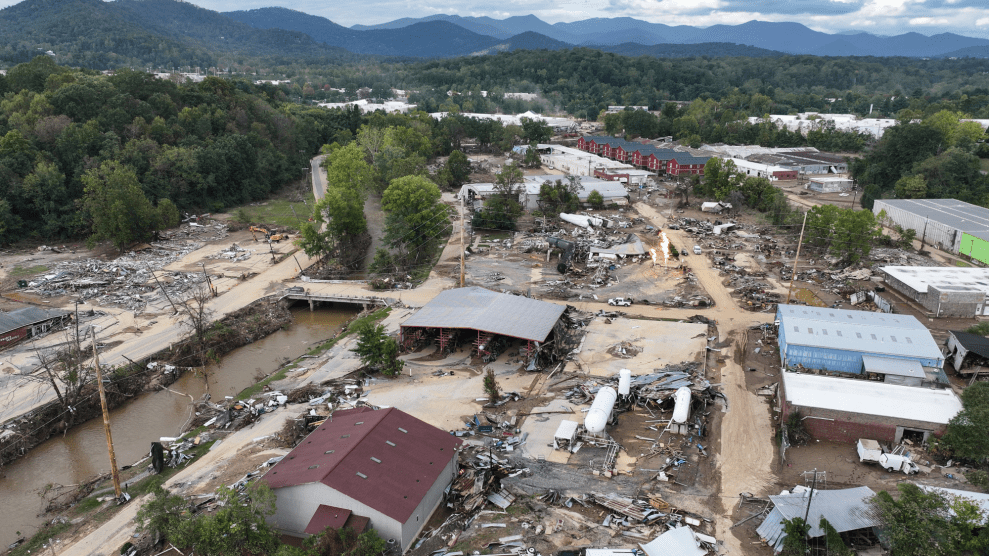
Mary Caughey, center in blue, reacts after finding her wedding ring in debris at her home destroyed by fires in Sonoma County, Calif., Tuesday, Oct. 10, 2017.Jeff Chiu/AP
“This is truly one of the greatest if not the greatest tragedy that California has ever faced,” said California Gov. Jerry Brown earlier this month. “The devastation is just unbelievable, it’s a horror that no one could have imagined.”
That’s not a politician’s hyperbole, as the thousands of people displaced by those fires know too well. Now that the fires have been almost completely contained and the extent of the damage has become clearer, here’s an update, by the numbers:
- More than 160,000 acres—or 250 square miles—have burned in Sonoma, Napa, and Solano counties, just north of San Francisco. Another 36,000 acres have burned farther north in Mendocino county. The fires are still not 100 percent contained.
- Forty-two people have died across Northern California, including 23 in Sonoma County alone. All together, the Northern California fires are the deadliest in the state’s history. (The second-deadliest was the 1933 Griffith Park fire, followed by the wildfire in the Oakland hills in 1991.)
- As of last week, dozens of people were still missing.
- Some 8,400 structures have been destroyed, according to Cal Fire, the state’s wildfire-fighting agency. Eight insurers reported to the California insurance commissioner that about 5,500 homes were completely destroyed, with an additional 4,000 partially burned. Santa Rosa alone lost 3,000 homes to the fast-spreading Tubbs fire, a fact worsened by the Bay Area’s already dire housing crisis. Those who can afford to rebuild their homes face a labor shortage and steep labor costs.
- Last week, the commissioner estimated that losses totaled more than $1 billion, with that figure expected to rise.
- Nearly 500,000 acres have scorched California so far this year—twice as many acres as last year. Since October, Cal Fire has battled 250 new wildfires.
- At the fires’ peak, 11,000 firefighters across the state—including 3,800 inmate volunteers from the California Department of Corrections and Rehabilitation—battled the flames. Firefighters would work anywhere from 24 to 80 straight hours, dousing active fires and chopping down trees and brush to prevent their spread. About 4,300 remain on the frontlines.
- At least two dozen wineries in Napa, Sonoma, and Mendocino counties have been partly or fully destroyed. While some vineyards have been able to finish out the harvest season, those most affected may take five years to grow back their vines. Wineries are the backbone of the region’s tourism industry; visitors spent $1.92 billion last year.















